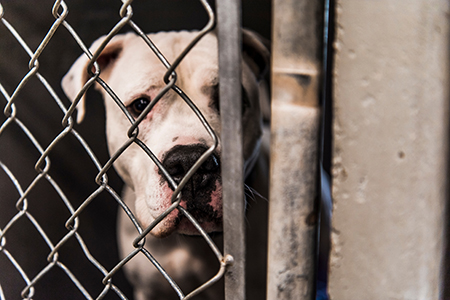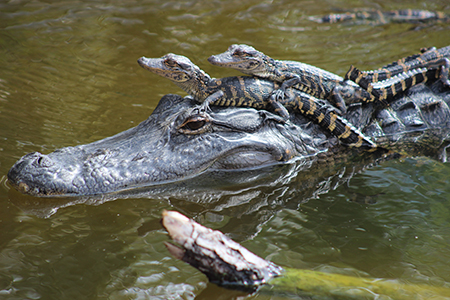 Uncategorized
Uncategorized  No Comments
No Comments Effort to Quell Growing Exotic Pet Trade Produces Strange Bedfellows
The Association of Zoos and Aquariums (AZA) is a North American membership organization that offers accreditation to its institutional members that meet their qualifications. They are the largest zoological organization in this hemisphere and have counterparts in both Europe and Asia. The majority of large zoos in major metropolitan areas are AZA accredited.
This week, AZA raised some eyebrows when they announced their partnership with the International Fund for Animal Welfare (IFAW) – an organization which promotes keeping animals in the wild, and wildlife rehabilitation, and rescue, all laudable sounding goals. But IFAW’s critics, along with those of AZA would argue that their goals are not always based on best practices or science but on ideology, and that they often prioritize their own self-interest ahead of their stated missions. Worse, they seek to enforce their ideology through coercive legislative campaigns. In other words, IFAW is criticized for being the international counterpart of the Humane Society of the United States.
The ostensible purpose of this new partnership is to combat the private ownership of certain exotic pets, most specifically those that are harvested in the wild. Fair enough. The demand for unique, exotic pets is growing, so the need for sensible oversight and regulation exists. Whether this partnership provides the benefits it promises is yet to be seen.
Resources
★ ‘Astonishing’: global demand for exotic pets is driving a massive trade in unprotected wildlife
★ Risk of new Covid-like disease in Europe ‘getting higher’ as exotic wildlife trade surges









